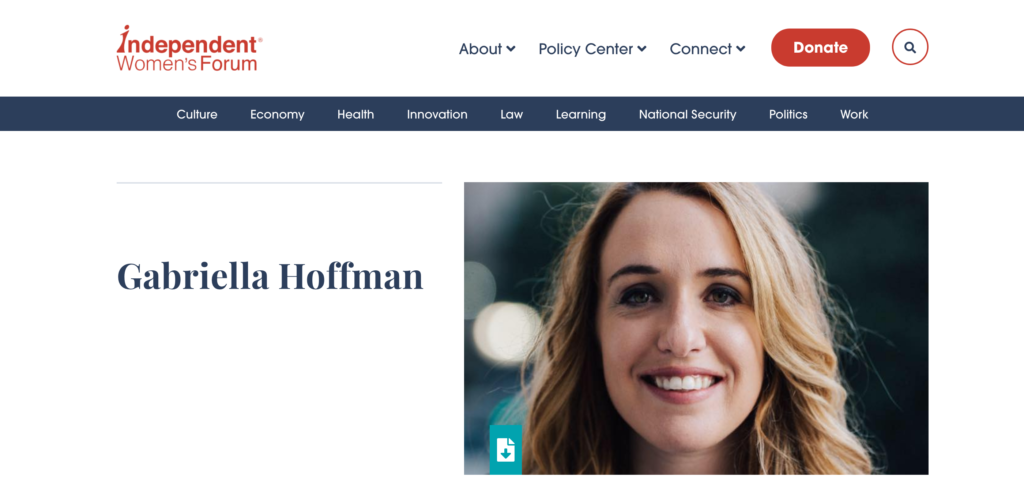Presenting my first published work for my Independent Women’s Forum (IWF) Visiting Fellowship. Naturally, I kick things off with the PRO Act.
Below is an excerpt:
In wake of the pandemic, freelancers – especially women – are turning to freelancing. Why? They are desiring more flexible options as they explore re-entry into the workforce.
Under the COVID recession, women account for 55 percent of net job losses since February 2020. As a result, many—including young mothers—have reduced their work hours compared to their male counterparts.
Freelancing has given working women a lifeline throughout the COVID recession. Nevertheless, flexible work could be regulated out of existence. Adding to this dilemma is the Protecting the Right to Organize Act, or PRO Act.
The PRO Act is Pro-Labor Union, Anti-Worker
The PRO Act purports to be a boon to workers with its promises of better workplace protections and collective bargaining rights. But when combing through the bill it’s clear Big Labor and public sector unions, not American workers, are the only winners.
If passed, this federal bill would codify California AB 5’s ABC test into law. The ABC test, already having ruinous effects in the Golden State, would federalize worker misclassification by forcibly reclassifying most independent contractors as employees. This change would severely limit freelancers’ ability to contract with multiple clients, thus denying millions of workers choice in business opportunities.
The PRO Act would also repeal right-to-work laws. Originating from the Taft-Hartley Act of 1947, right-to-work stipulates union membership isn’t conditional for employment. Why should workers be coerced into a union they don’t want to pay dues into? Women will be hardest hit because they place a higher premium on flexible work arrangements.
IWF Center for Economic Opportunity Director Patrice Onwuka explained the PRO Act’ is “pro-organized labor, not pro-worker” and would, in turn, “undermine their [worker] choices and freedoms to carve the kind of life they want.”

